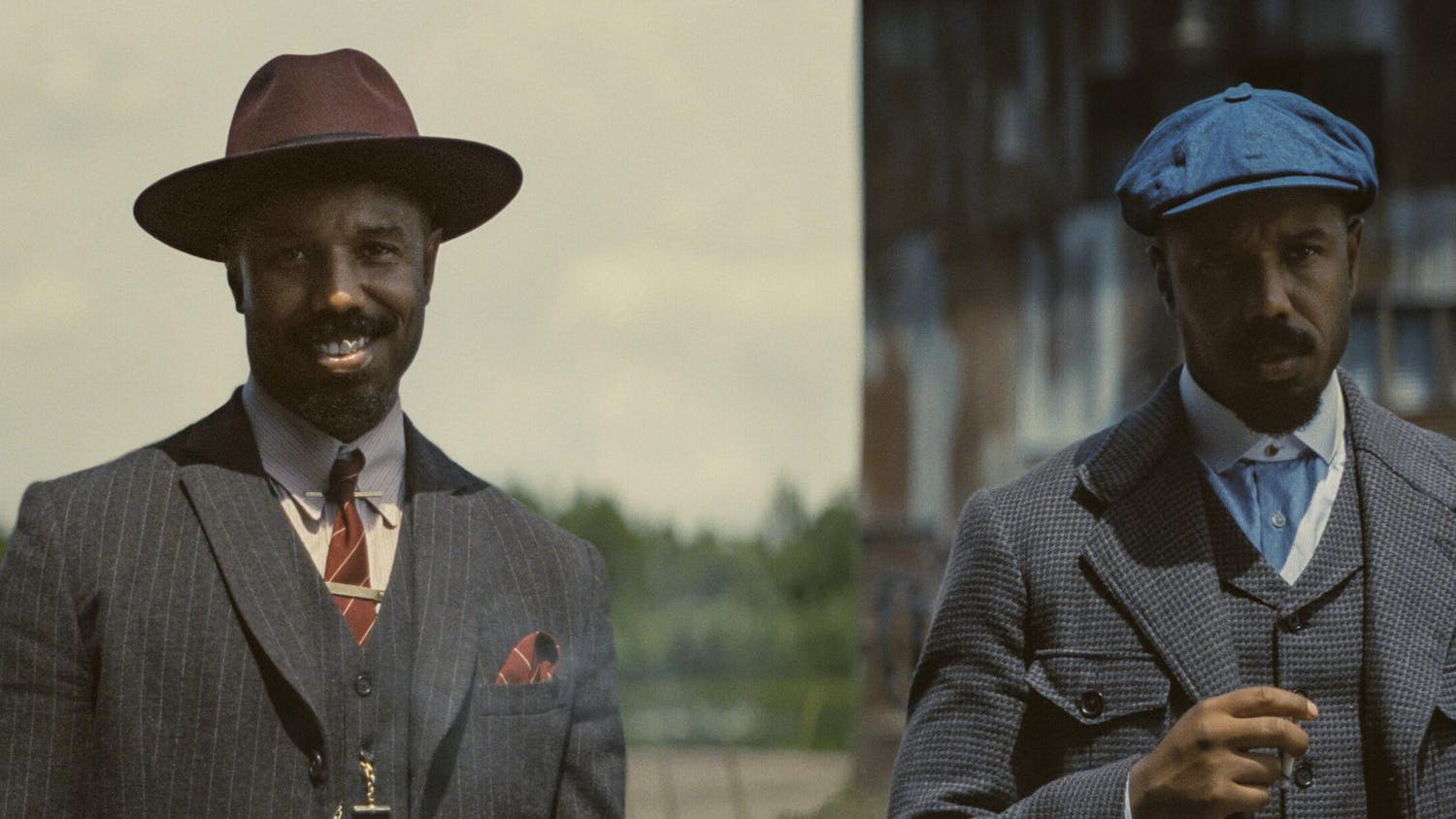Maybe your mother got it wrong. When she dried your tears and reassured you that those mean things said at the lunch table were just words, she might have made a mistake. In her defense, your mother didn’t know about Facebook.
A suit coming out of Roncalli High School in Marion County represents the latest example of a growing number of cases involving cries of Facebook defamation. Dean of Students Tim Puntarelli and the Roman Catholic Archdiocese are suing Facebook and the anonymous creator of a profile that allegedly embarrassed and defamed the principal and the school.
This case and others like it popping up across the country raise fundamental questions about free speech. As it stands, the First Amendment protects the right of the people to say what they please even if it is unpopular or critical of others.
When the Founding Fathers sat down to pen the Constitution they had in mind the oppressive English crown that outlawed speech critical of its leaders.
Yet, freedom of speech becomes illegal when it infringes on the rights of others. Speech that is deliberately untrue or that rests on faulty assumptions can constitute defamation. If the speech injures a person’s reputation or intentionally causes emotional distress, the speech becomes illegal.
However, this protection is not meant to protect against hurt feelings. In the 1988 decision Hustler v. Falwell, the Supreme Court upheld the right to parody speech. In other words, Americans have a right to criticize and to make fun of people, so long as the medium cannot reasonably be seen as factual.
Facebook presents pranksters with the perfect opportunity for parody. People “Facebook-friend” everything from chemical compounds to hamsters to deceased university chancellors. If it is decided that no reasonable person would think Puntarelli was acting as himself, then the profile could be considered a legal parody.
The question then becomes: Can a facebook profile be assumed to accurately reflect the subject’s identity?
The fact of the matter is that all too often those assumptions are made. A 2007 study from the University of Massachusetts-Dartmouth that questioned 453 college-admissions offices found 21 percent are checking social-networking profiles on sites such as MySpace and Facebook. Colleges and employers alike are flocking to social-networking sites to scope out the character of their applicants. If Facebook is going to be used to determine a candidate’s qualification for a job or scholarship, we think Tim Puntarelli has a right to protect his virtual identity.
By contacting students with inappropriate messages while assuming the principal’s name, the profile creator did more than parody – he tarnished Puntarelli’s virtual character. In a world where online expression is becoming increasingly more prevalent and important, we respect the right of people to say controversial and critical things. Yet, as a person’s identity is growing to include their cyber identity as well, we think assuming someone else’s name unless it is a blatant parody is wrong. In a time of instant access and mass communication, words can hurt.
‘Sticks and stones’
Get stories like this in your inbox
Subscribe




